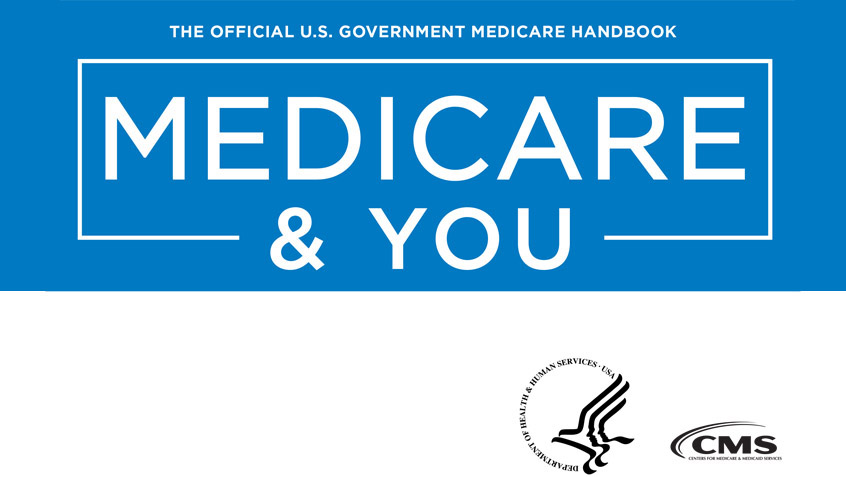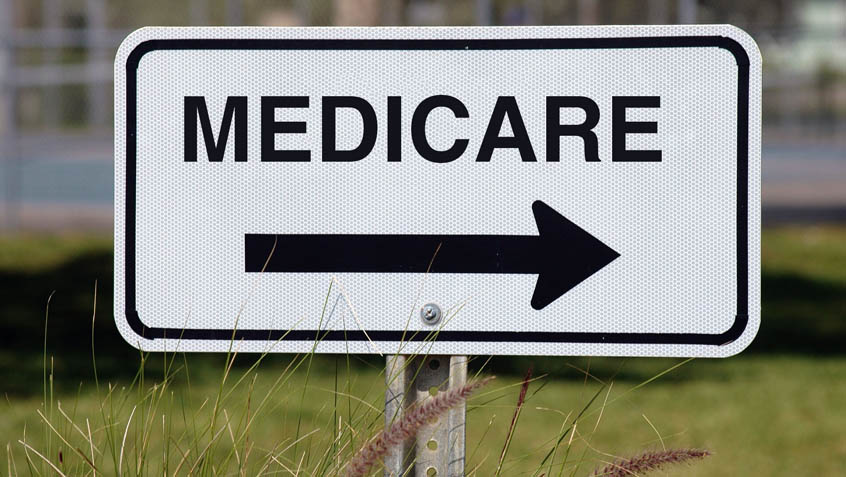
As Congress Weighs Legislation, New Report Examines How Caps on Part D Spending Would Affect People with Medicare
On September 9, the U.S. Department of Health and Human Services (HHS) released a report identifying ways to lower prescription
Join Us Live for a Discussion on Medicare, Democracy, and the Future of Health Care
Medicare Watch articles are featured in Medicare Rights’ weekly newsletter, which helps readers stay updated on Medicare policy and advocacy developments and learn about changes in Medicare benefits and rules. Subscribe now by visiting www.medicarerights.org/newsletters.

On September 9, the U.S. Department of Health and Human Services (HHS) released a report identifying ways to lower prescription

The “Medicare & You” handbook for 2022 is now available and it reflects improvements Medicare Rights and many of our

The Medicare Trustees recently issued their long-awaited 2021 report, finding the program’s financial status largely unchanged by the COVID-19 pandemic.

As Congress works toward a potential deal that might expand access to benefits within Medicare, it is important to step

The Kaiser Family Foundation recently released a new issue brief showing how growth in Medicare Advantage (MA) enrollment and overpayment

On Monday, the U.S. House of Representatives briefly returned from summer recess to approve the Senate-passed budget resolution. Committees in

This week, the Biden administration unveiled plans to offer booster doses of the Pfizer and Moderna COVID-19 messenger RNA (mRNA) vaccines, pending

President Biden recently outlined his vision for improving prescription drug affordability. His plan calls on Congress to allow Medicare to negotiate drug prices, impose

This week, Senate Democrats passed their $3.5 trillion budget resolution, laying the groundwork for legislation that is expected to include

The Kaiser Family Foundation (KFF) recently released a report examining Medicare beneficiary access to dental care, including the share of Medicare beneficiaries

On September 9, the U.S. Department of Health and Human Services (HHS) released a report identifying ways to lower prescription

The “Medicare & You” handbook for 2022 is now available and it reflects improvements Medicare Rights and many of our

The Medicare Trustees recently issued their long-awaited 2021 report, finding the program’s financial status largely unchanged by the COVID-19 pandemic.

As Congress works toward a potential deal that might expand access to benefits within Medicare, it is important to step

The Kaiser Family Foundation recently released a new issue brief showing how growth in Medicare Advantage (MA) enrollment and overpayment

On Monday, the U.S. House of Representatives briefly returned from summer recess to approve the Senate-passed budget resolution. Committees in

This week, the Biden administration unveiled plans to offer booster doses of the Pfizer and Moderna COVID-19 messenger RNA (mRNA) vaccines, pending

President Biden recently outlined his vision for improving prescription drug affordability. His plan calls on Congress to allow Medicare to negotiate drug prices, impose

This week, Senate Democrats passed their $3.5 trillion budget resolution, laying the groundwork for legislation that is expected to include

The Kaiser Family Foundation (KFF) recently released a report examining Medicare beneficiary access to dental care, including the share of Medicare beneficiaries